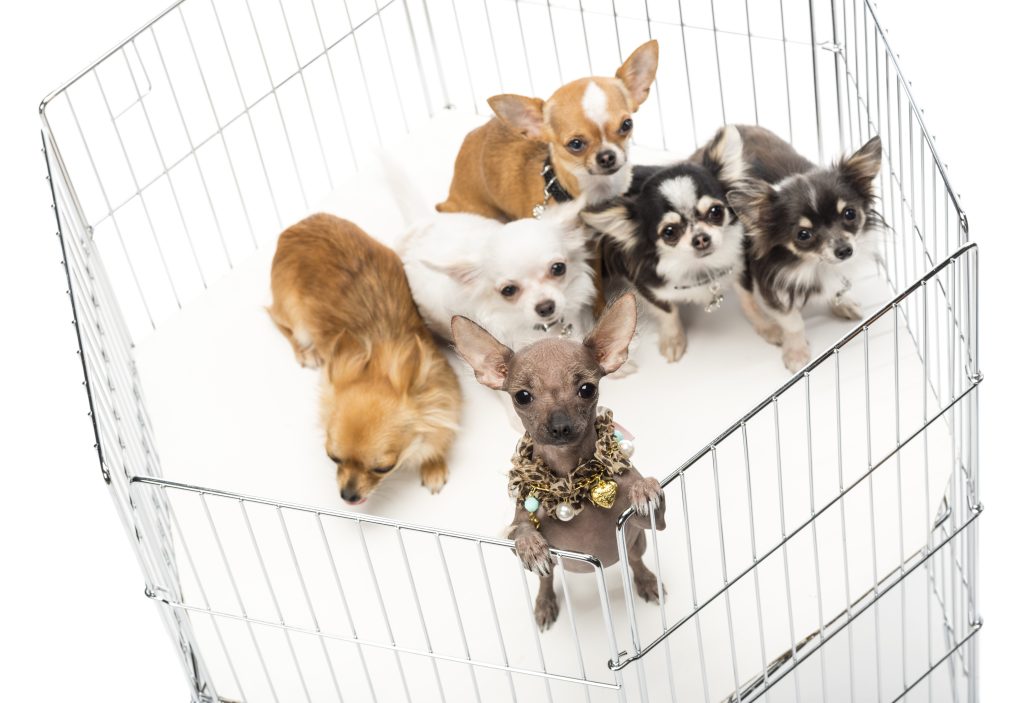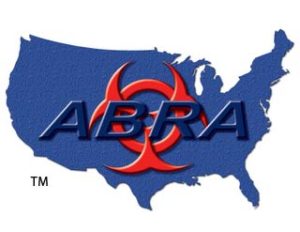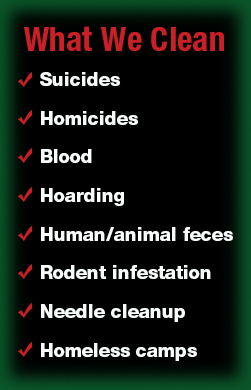Animal hoarding is a serious mental health disorder that can have devastating consequences for both humans and animals. It involves the accumulation of a large number of animals, often in unsanitary conditions. While the motivations behind animal hoarding are complex, the impact is clear: neglect, suffering, and public health risks.
Understanding Animal Hoarding
What is Animal Hoarding?
Animal hoarding is defined as the accumulation of a number of animals that exceeds the caretaker’s ability to provide adequate care. This excessive accumulation often leads to unsanitary living conditions, neglect, and the potential for animal suffering.

The Psychology Behind Animal Hoarding
The underlying causes of animal hoarding are multifaceted and often rooted in psychological factors. Some common psychological traits associated with animal hoarding include:
- Denial: Hoarders may deny the severity of the situation and the impact it has on their animals.
- Compulsive Behavior: Hoarders may feel compelled to acquire more animals, even if they cannot properly care for the ones they already have.
- Fear of Loss: Hoarders may fear losing their animals, which can lead to resistance to rehoming or euthanasia.
- Social Isolation: Many hoarders become socially isolated, which can exacerbate their hoarding behavior.
The Impact of Animal Hoarding on Animals and Humans
Animal hoarding has far-reaching consequences for both animals and humans. Animals living in hoarding situations often suffer from:
- Neglect: Lack of adequate food, water, and veterinary care.
- Disease: Exposure to infectious diseases, parasites, and zoonotic diseases.
- Psychological Trauma: Stress, fear, and anxiety caused by overcrowding and unsanitary conditions.
Humans affected by animal hoarding may experience:
- Health Risks: Exposure to diseases, parasites, and hazardous materials.
- Financial Strain: The costs associated with caring for a large number of animals can be overwhelming.
- Social Isolation: Hoarders may become increasingly withdrawn and isolated from family and friends.
- Legal Issues: Hoarding can lead to legal consequences, such as animal cruelty charges or code enforcement violations.
Signs of Animal Hoarding
Recognizing the signs of animal hoarding can be crucial in intervening early and preventing further harm. Some common signs include:
- Excessive Number of Animals: More animals than can be properly cared for.
- Unsanitary Living Conditions: Accumulated animal waste, poor hygiene, and unpleasant odors.
- Animal Neglect: Animals that appear malnourished, injured, or diseased.
- Social Isolation: The hoarder may become withdrawn and avoid social interaction.
- Difficulty Parting with Animals: Hoarders may resist rehoming or euthanizing animals, even if it’s in the best interest of the animals.
If you suspect someone may be an animal hoarder, it’s important to reach out to local animal control or a mental health professional for help.
The Dangers of Animal Hoarding
Animal hoarding poses significant risks to both human and animal health. The unsanitary conditions created by hoarding can lead to a variety of health problems, including:
- Zoonotic Diseases: These are diseases that can be transmitted from animals to humans. Common zoonotic diseases associated with animal hoarding include:
- Ringworm: A fungal infection that can affect the skin.
- Rabies: A viral disease that can be fatal.
- Salmonella: A bacterial infection that can cause food poisoning.
- Respiratory Infections: Exposure to animal dander, feces, and urine can trigger respiratory problems, such as allergies, asthma, and pneumonia.
- Parasite Infestations: Fleas, ticks, and mites can infest homes and pose health risks to both humans and animals.
Environmental Hazards
Animal hoarding can also create environmental hazards. The accumulation of animal waste can contaminate water supplies and soil, leading to waterborne illnesses and other health problems. Additionally, the excessive number of animals can contribute to noise pollution and property damage.
Legal Implications of Animal Hoarding
Animal hoarding is often considered a form of animal cruelty and can result in legal consequences. Depending on the severity of the situation, individuals may face charges such as:
- Animal Cruelty: Failure to provide adequate care for animals.
- Public Health Violations: Creating unsanitary conditions that pose a risk to public health.
- Code Enforcement Violations: Violating local zoning or housing codes.
In some cases, hoarders may be required to surrender their animals, undergo mental health treatment, or face fines and imprisonment.
The Complexities of Animal Hoarding Cleanup
Cleaning up the aftermath of animal hoarding is a complex and challenging task that requires specialized expertise. The physical and emotional toll of such a cleanup can be overwhelming, making it crucial to enlist the help of professionals.
The physical and emotional toll of animal hoarding cleanups can be significant. Professionals must deal with biohazardous materials, overwhelming odors, and the emotional impact of witnessing animal neglect. Specialized equipment and techniques are necessary to safely and effectively clean up these environments.
Experience the Bio Decon Solutions Difference
By enlisting the help of Bio Decon Solutions, you can ensure that the cleanup process is handled safely and efficiently.
- Initial Assessment and Planning: A thorough evaluation of the hoarding situation to develop a customized cleanup plan.
- Safe and Effective Cleanup: Removal of animal waste, debris, and hazardous materials.
- Cleaning and Disinfection: Thorough cleaning and disinfection of surfaces to eliminate bacteria, viruses, and parasites.
- Odor Control and Air Purification: Advanced techniques to eliminate strong odors and improve indoor air quality.
By choosing Bio Decon Solutions, you can rest assured you will receive:
- Peace of mind: Knowing that your animal hoarding situation is in the hands of experts.
- A clean and healthy environment: A restored living space that is safe and sanitary.
- Compassionate and discreet service: A respectful and understanding approach to your unique situation.
To learn more about our services and to schedule a consultation, please contact us today. We will work with you to develop a customized cleanup plan that meets your specific needs.
If you or someone you know is struggling with animal hoarding, don’t wait any longer. Take the first step towards a healthier and happier future. Contact Bio Decon Solutions today.






